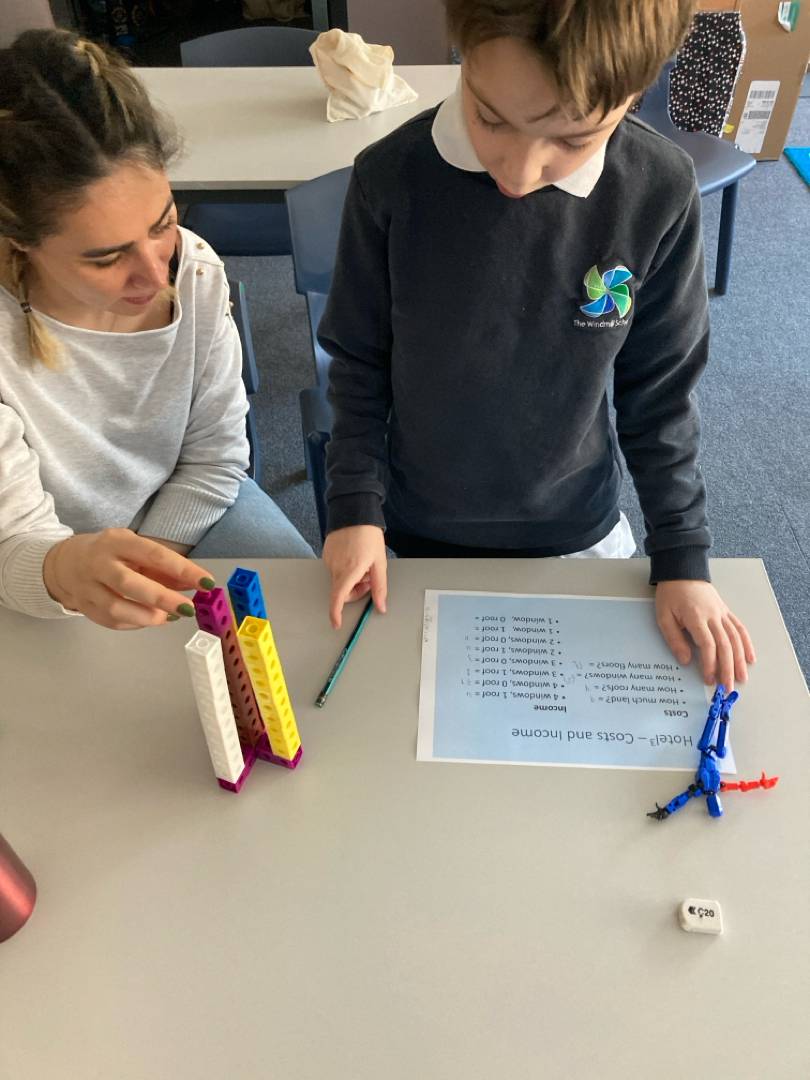Primary Maths
Our Primary Maths curriculum is rooted in the National Curriculum and guided by the White Rose Maths framework, but adapted flexibly to meet the diverse needs of our pupils. As with all learning at The Windmill School, our approach is underpinned by the SCERTS framework, which helps us promote communication, emotional regulation and independence.
Children are taught in age-related classes, but learning is always carefully differentiated to match each child’s stage of development. Wherever possible, Maths is delivered through practical, engaging, and meaningful experiences that support deep understanding and build confidence. We use high-interest, low-arousal activities that promote a high success rate to reduce anxiety and make maths feel achievable and enjoyable for every child.
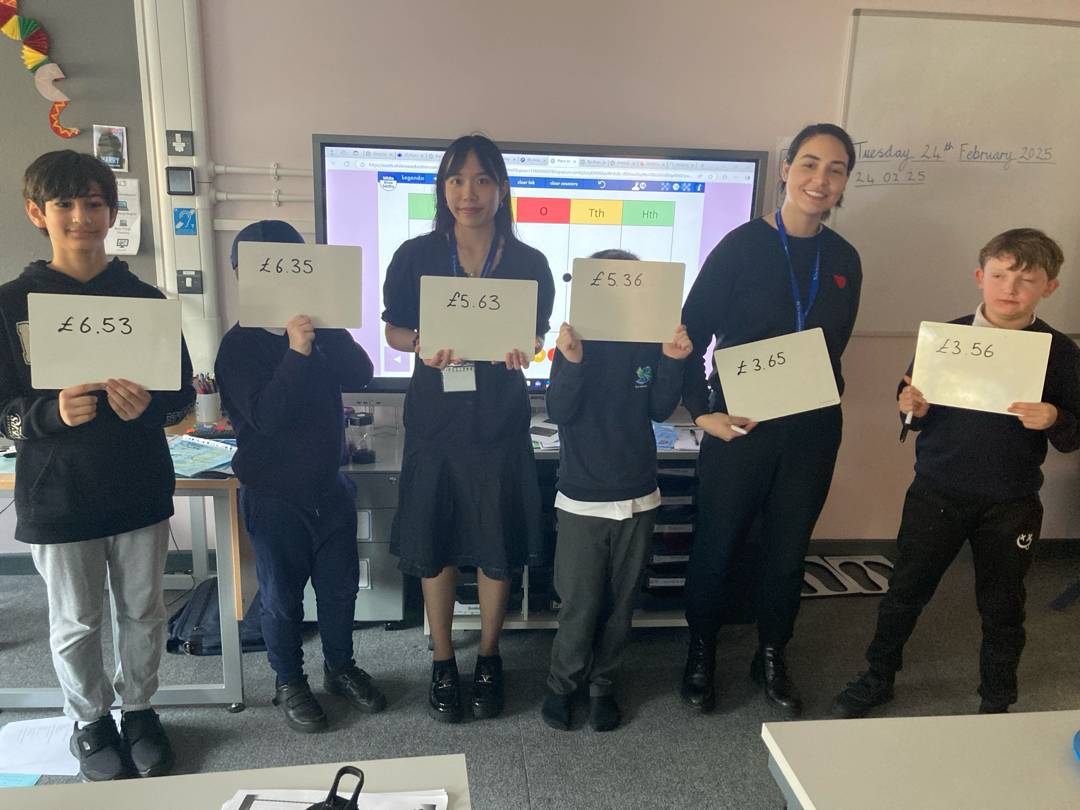
Number and Calculation
Building a strong foundation in number is a key focus in our curriculum. We use concrete, hands-on resources such as Numicon, base 10, counters and real-life objects to support pupils in understanding number concepts in a way that is accessible and engaging. Concepts such as counting, place value, addition and subtraction are taught through play, repetition, and real-world contexts as well as more formal methods to help children make meaningful connections.
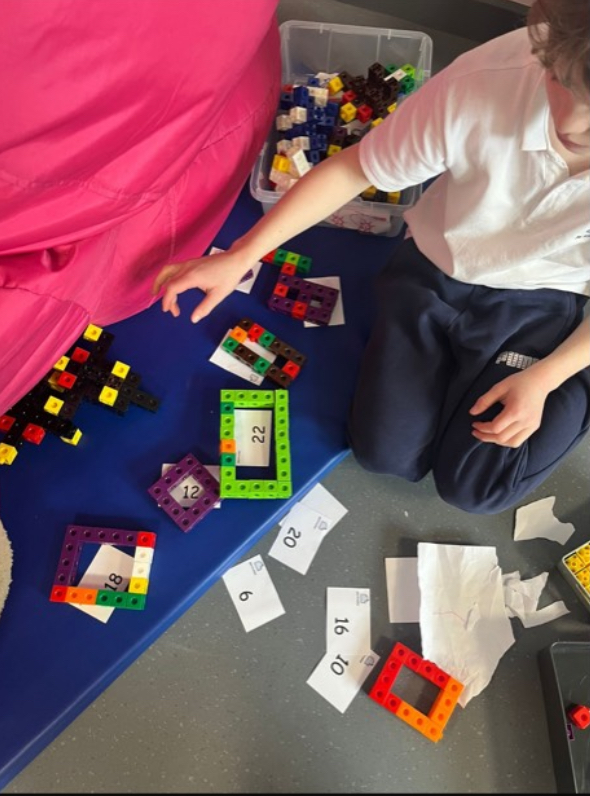
Children are encouraged to explore and manipulate materials at their own pace in small groups or sometimes 1:1 to maximise engagement. As their confidence grows, they move towards more abstract methods, but always with the support of visual and physical resources as needed.
Shape, Space and Measure
Our pupils explore shape, space and measure through sensory and practical experiences. From using sand and water to explore volume, to building with blocks or comparing weights in cooking, we bring mathematical language and thinking into everyday activities.
Learning includes recognising and naming shapes, measuring length, weight and capacity, perimeter and area, exploring position and direction, angles and understanding basic time concepts. Activities are often embedded in play and cross-curricular learning, helping children see maths as something they do, not just something they learn.
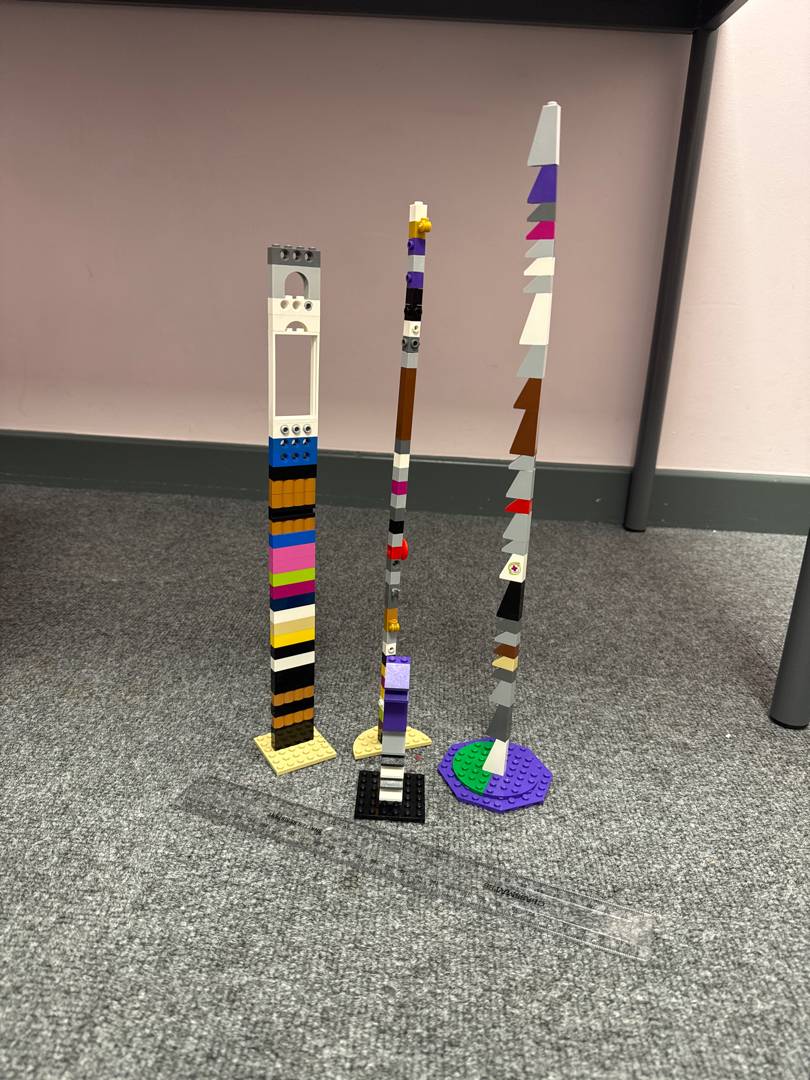
Real-Life Maths and Problem Solving
Functional maths is a key part of our curriculum. Pupils learn to apply maths skills in everyday situations like telling the time, using money, measuring ingredients and following a recipe. These experiences support the development of independence, confidence and real-world problem solving.
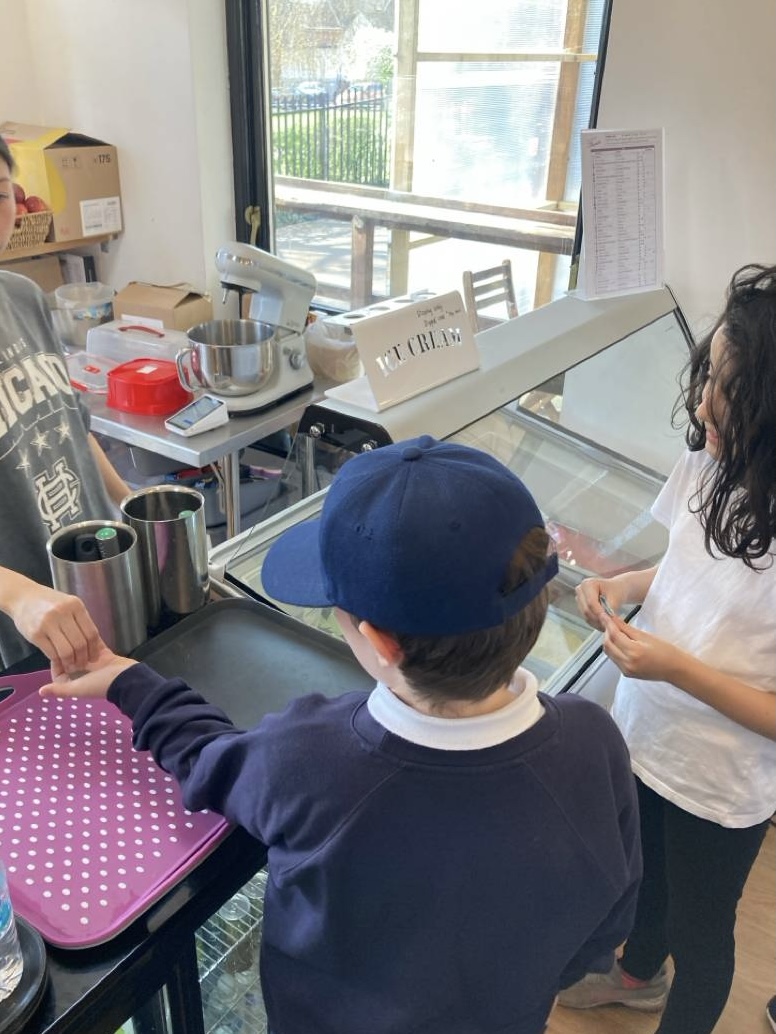
Maths is also woven into role play and community-based experiences such as shopping in a local café, taking part in a cooking session, or exploring travel timetables. These activities help pupils generalise their skills in a natural and meaningful way.
We use SCERTS-informed strategies to support pupils in regulating their emotions and engaging with problem-solving tasks, especially when facing unfamiliar or challenging activities.
